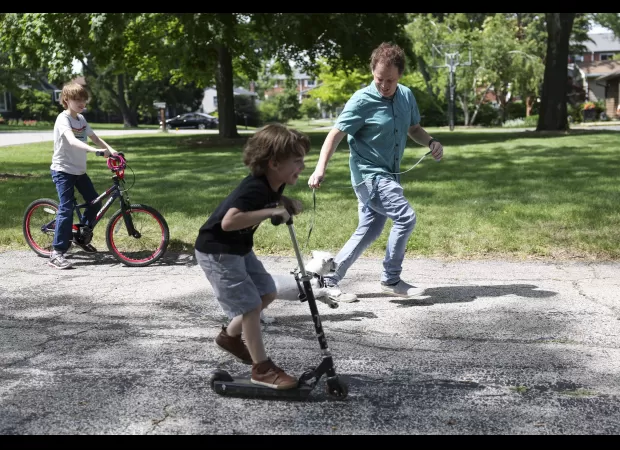Dads should also get checked for postpartum depression, according to a recent study.
New studies show that both fathers and their partners can experience postpartum depression, contradicting previous beliefs.

New studies show that both fathers and their partners can experience postpartum depression, contradicting previous beliefs.
5 Views


